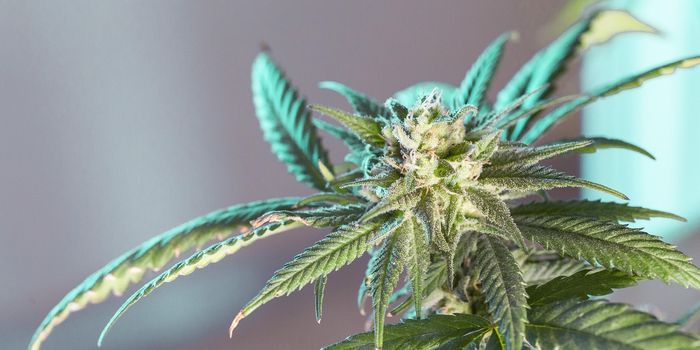New Clinical Guidelines for Cannabis and Chronic Pain

At present, no cannabinoids have been approved for treating chronic pain. Patients can nevertheless legally access cannabis for chronic pain in most areas of the US with a certification signed by a clinician that authorizes use for qualifying medical conditions. While lists of qualifying conditions vary across states, all include chronic pain.
A national survey estimates that 81% of US adults think cannabis has at least one health-related benefit. Meanwhile, clinicians report being inadequately prepared to discuss cannabis with their patients. The current best practice advice seeks to inform clinicians about the evidence for the benefits and harms of cannabis for managing chronic noncancer pain.
The guidelines include four points of advice. The first states that clinicians should counsel patients about the benefits and harms of cannabis or cannabinoids when considering whether to start or continue use for chronic noncancer pain.
The second piece of advice recommends clinicians inform some patient subgroups that the harms of cannabis use for chronic noncancer pain likely outweigh the benefits. These subgroups include young adult and adolescent patients, those with current or past substance use disorder, those with serious mental illness, frail patients, and those at risk for falling.
The clinicians also advise those who are pregnant, breastfeeding, or actively trying to conceive not to start or continue use of cannabis or cannabinoids to manage chronic noncancer pain. They additionally advise patients against inhaled cannabis.
“This Best Practice Advice is important for practicing physicians when counseling our patients on the potential use of cannabis and cannabinoids to treat their chronic noncancer pain,” said Isaac O. Opole, President of The American College of Physicians (ACP), in a press release.
“As the use of cannabis for medicinal purposes grows it’s critical to open that dialogue and review the emerging evidence related to benefits and harms. We need to raise awareness and get the word out to ensure that patients have the information they need to make informed decisions,” he added.
Sources: EurekAlert, Annals of Internal Medicine








